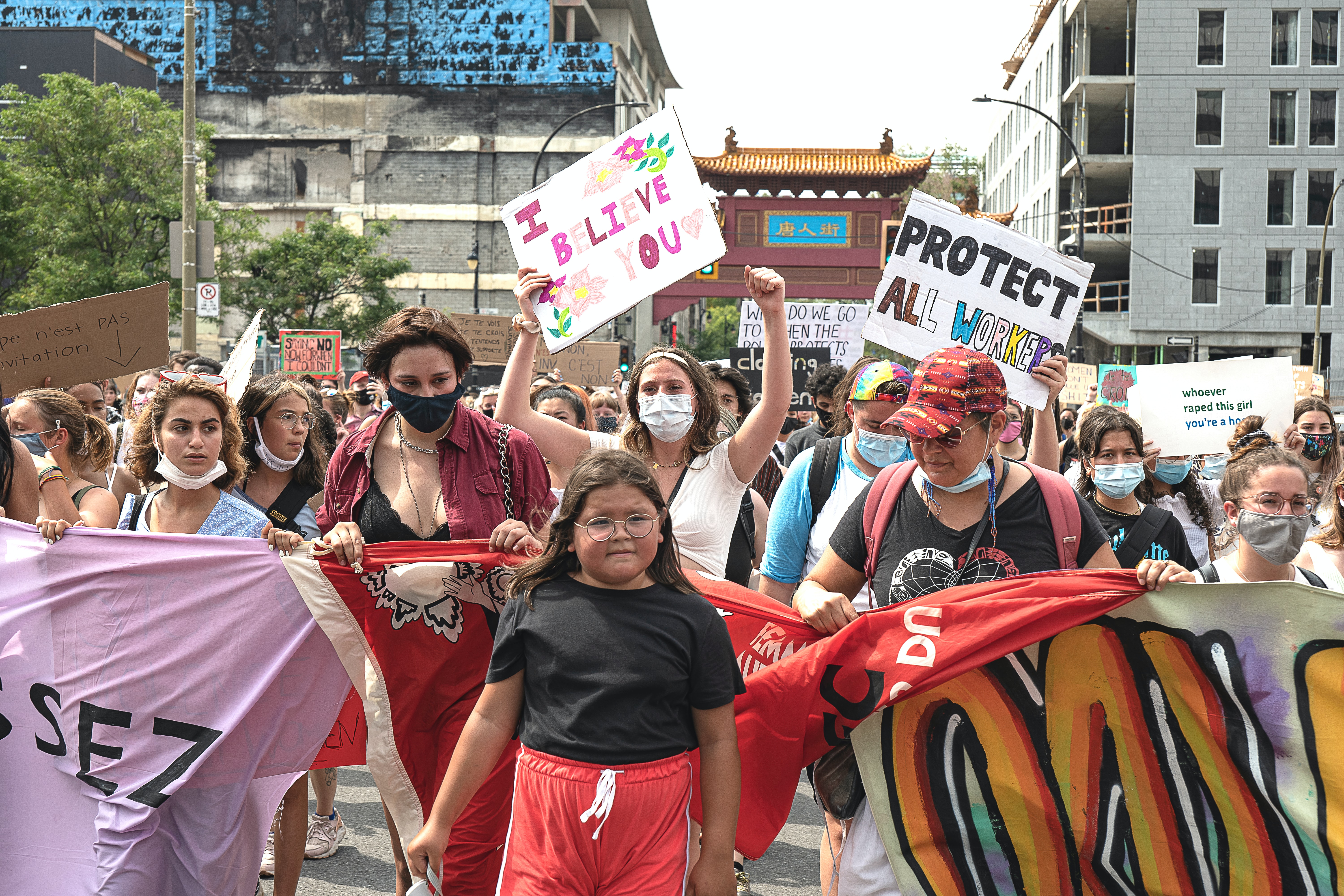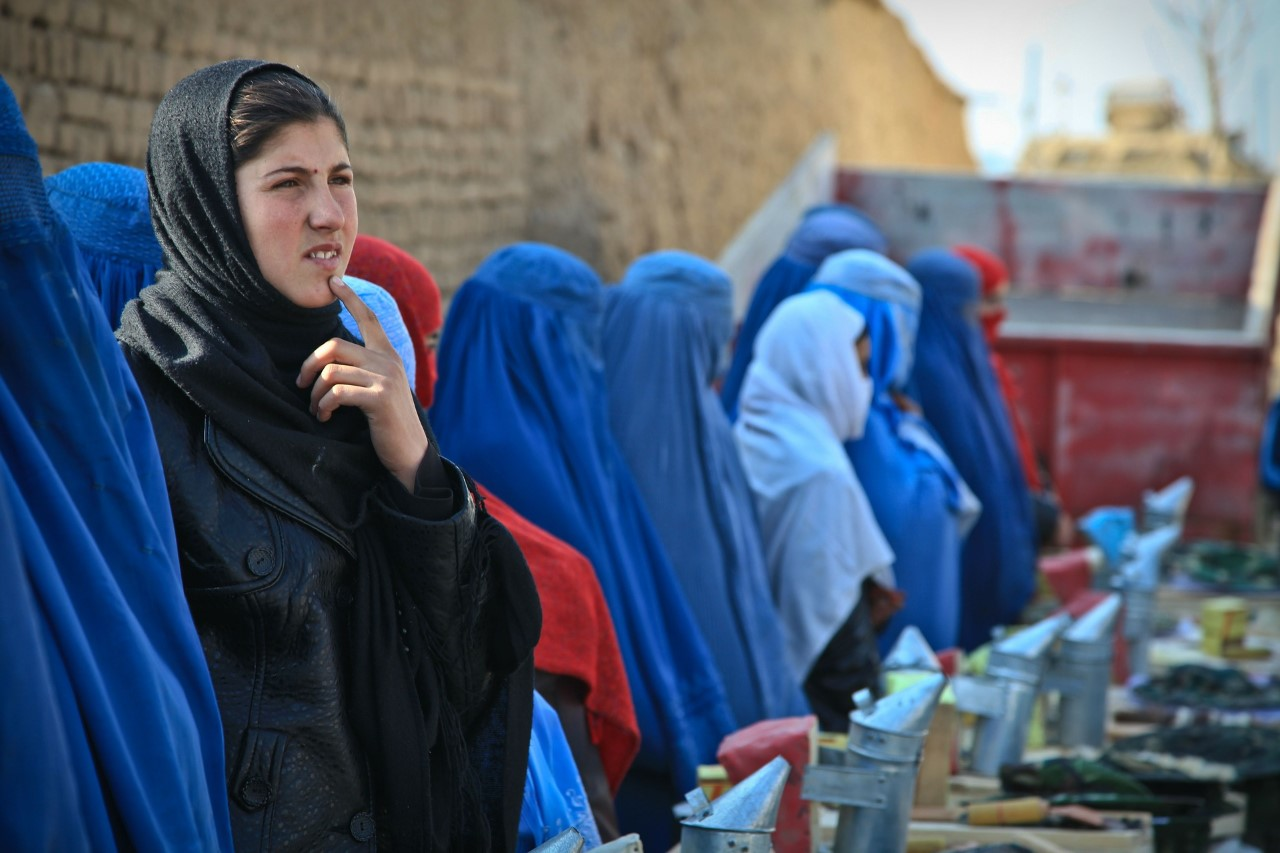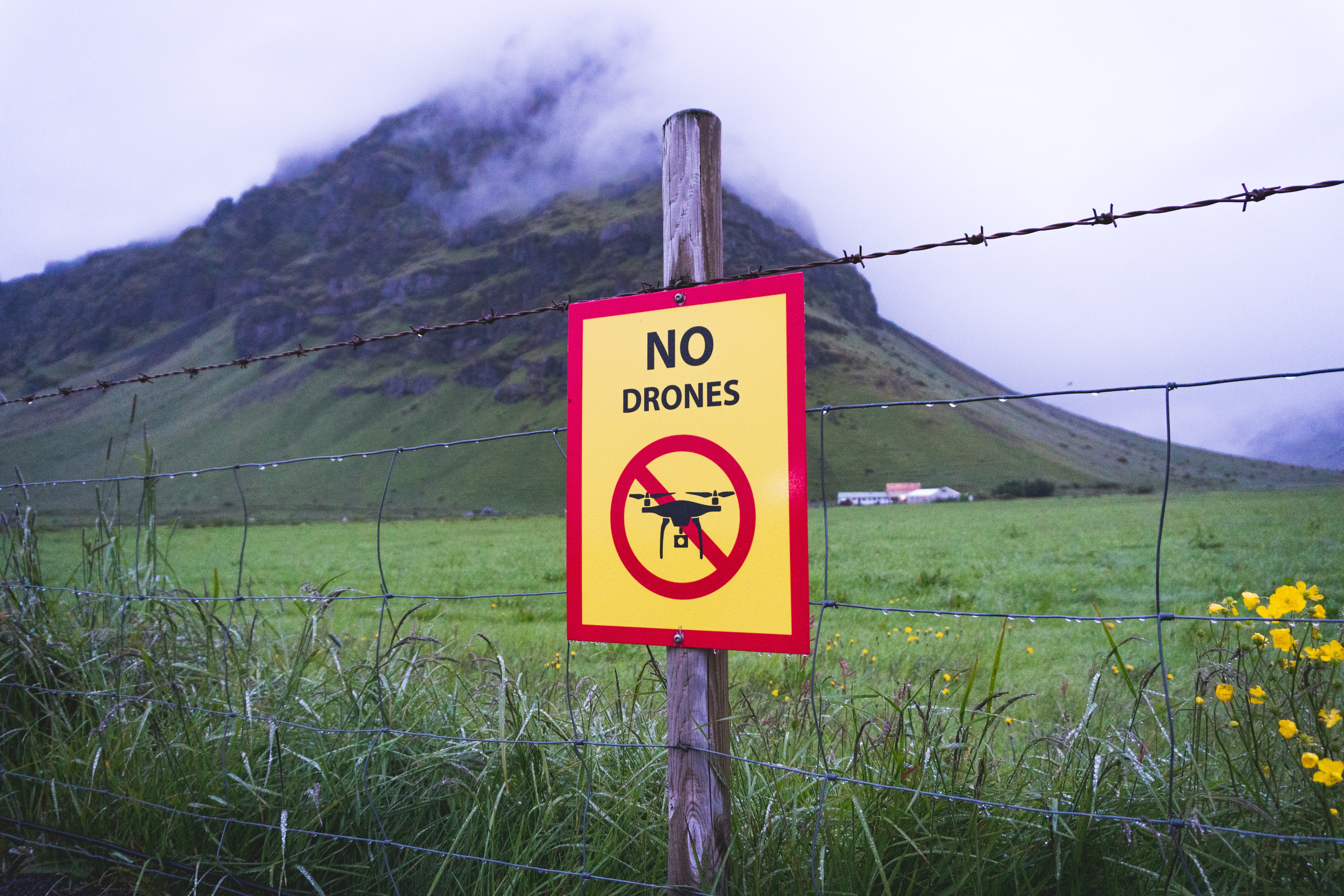Between 2014 and 2016, former Australian Defence Force lawyer, David McBride leaked material alleging war crimes by members of the Australia’s Special Operations Task Group in Afghanistan to two journalists at the Australian Broadcasting Corporation (ABC), Dan Oakes and Sam Clark. McBride’s lawyer maintains he did this after reporting his concerns through the chain of command. In 2017, Oakes and Clark reported in the Afghan Files multiple incidents of special forces troops killing unarmed civilians including children and raised wider concerns around the “warrior culture” of Australia’s special forces.
David McBride was charged with multiple counts of unlawfully communicating military information contrary to s73A(1) of the Defence Act 1903, theft of Commonwealth property and unlawfully disclosing a Commonwealth document contrary to s70(1) of the Crimes Act 1914.
In May 2019, McBride pleaded not guilty to each charge on the grounds that his disclosures were in the public interest. He is presently awaiting trial.
In November 2020, the Australian Chief of Defence Force released the findings of the Inspector General of the Australian Defence Force Afghanistan Inquiry Report by Major General Paul Brereton, a judge of the Supreme Court of New South Wales (the Brereton Report). The Brereton Report found evidence for 23 incidents committed by 19 individuals resulting in the deaths of 39 civilians and the cruel treatment of 2 others.
The Australian Government has since established a new Office of the Special Investigator to investigate criminal charges arising from the Brereton Report and an Oversight Panel to investigate broader cultural and organisational issues.
Discontinuing prosecution of McBride, while expediting the continuing efforts to investigate prosecution of potential perpetrators of war crimes, would send a signal to the world that Australia takes these allegations seriously, respects the laws of war and is committed to making reform to prevent future misconduct.
Dropping Prosecution of the ABC Journalist
On 5 June 2019, the Australian Federal Police executed an extensive search warrant on the ABC’s premises lasting eight hours investigating potential criminal conduct by the ABC reporters. By October 2020, the Australian Federal Police indicated that they would not press charges on the ABC Journalist Dan Oakes, after the Commonwealth Director of Prosecutions indicated prosecution would not be in the public interest given the role of journalism in Australian democracy.
Article One of the Geneva Convention and Cultural Change
As a state party to the Rome Statute establishing the International Criminal Court, Australia is bound by the norms of International Humanitarian Law and has a duty to investigate potential breaches.
Eve Massingham argues that under the first article of the Geneva Convention Australia has an obligation beyond wartime to ensure compliance with the laws of war, which includes, a duty to take preventative measures. Massingham emphasises that prosecutions of criminal wrongdoers cannot be the end of the story, training on laws of war must be increased, and command structures must instil a culture of transparency and accountability with a central focus on compliance with the law of war. Massingham concludes that:
“It will not be possible for Australia to ensure respect for the law of war if investigations are hampered by a culture of secrecy and knowing that coming forward will be detrimental. Military personnel at all levels must have it ingrained in them that speaking up is not career ending (Massingham, 2020).”
Brereton reasoned that cultural change should be driven by members of the Defence Force who cooperated with the inquiry and assisted in the exposure of wrongdoing being protected from retaliation and adverse consequences:
“Perhaps the single most effective indication that there is a commitment to cultural reform is the demonstration that those who have been instrumental in the exposure of misconduct, or are known to have acted with propriety and probity, are regarded as role models. It is crucial that their careers be seen to prosper. There are others whose conduct is such that they cannot be rewarded by promotion, but who, having made disclosures to the Inquiry in protected circumstances when they reasonably believed they would not be used against them, and whose evidence was ultimately of considerable assistance to the Inquiry, ought not fairly be the subject of adverse administrative action (Brereton, 326)”
The Brereton Report accordingly recommended that soldiers who played minor roles in alleged war crimes but provided useful information should be given immunity from prosecution.
Clearly, McBride does not fall within the first category of internal role models who waited for the Inspector General’s inquiry to provide an honest account of these incidents. McBride took matters into his own hands and disobeyed military rules, National Security laws and other Commonwealth laws in order to call attention to wrongdoing and spark reform. But, in light of the seriousness of the allegations, and the likelihood that the prevailing culture would have prevented action on internal review, there is a compelling public interest in McBride’s revelations. McBride’s lawyer, Nick Xenophon persuasively argues in an open letter to the Australian Defence Force Chief:
“It was whistleblowers like McBride and a handful of others who made the Brereton report possible by refusing to be intimidated into silence. In my view, they have redeemed the reputation of our nation. They do not deserve jail cells.”
Whistleblowing, Reporting and National Security
The McBride case sparks wider concerns around both inadequate protections for whistle-blowers, particularly in the context of national security information, and journalists reporting on such information.
Prosecuting whistle-blowers and journalists based on the wide scope of National Security legislation has a chilling effect on discussion of corruption and wrongdoing. As a result of diminished advertising streams of revenue and time-poor and understaffed newsrooms, news organisations are likely to avoid reporting on sensitive National Security information if there is a real risk of prosecution. In addition, the wide scope of these offences criminalises the actions of journalists who are found to be in possession of National Security information, even if they decide not to publish.
In the case of ABC journalist Dan Oakes, Australian Federal Police executed extensive search warrants over the course of eight hours for the search of ABC premises as part of the criminal investigation. This seems to be intended to intimidate future whistle-blowers by showing the confidentiality of a journalist’s source will be easily divulged in the course of the extensive kind of investigation permitted under these laws.
The submission of the Australian Human Rights Law Centre to the Senate Environment and Communications References Committee Inquiry on Press Freedom in 2019 identifies five key areas for reform in Australia:
- Strengthening whistleblower protections under the Public Interest Disclosure Act 2013 (Cth) and creating pathways for disclosing intelligence information;
- Decriminalising journalism and whistleblowing;
- Improving warrant processes for journalists and whistleblowers;
- Reining in surveillance over all Australians;
- Improving the culture within Government through a Charter of Human Rights (Howie et all, 2019, p. 3).
In “A Best Practice Guide for Whistleblowing Legislation,” Transparency International persuasively argue that concerns around disclosure of national security information should be managed by robust procedures that allow for internal disclosure to autonomous oversight agencies and safeguards for the disclosure of national security information externally in exceptional circumstances:
External disclosure (i.e. to the media, civil society organisations) would be justified in demonstrable cases of urgent or grave threats to public health, safety or the environment; if an internal disclosure could lead to personal harm or the destruction of evidence; and if the disclosure was not intended or likely to significantly harm national security or individuals (Terracol 2018, p. 42)
In conclusion, the prosecution of McBride should be dropped because it would promote cultural change and compliance with Australia’s obligations under international law. The Brereton Report findings show that protecting whistle-blowers and personnel who assisted the inquiry from retaliation and criminal prosecution is integral to instilling a culture of accountability. McBride’s courageous disclosures, against a culture of silence, of misconduct and alleged war crimes sparked media discussion and formal investigations that led to the Brereton Report. Given the substantial degree to which McBride’s disclosures have subsequently been substantiated by the Brereton Report, McBride’s actions should be viewed as an attempt to spark reform in a difficult situation. We should recognise that McBride did not have an internal alternative at the time of his disclosures because of the prevailing culture of silence. Dropping McBride’s prosecution, while also introducing new processes for internal whistleblowing to an independent Australian Defence Force watchdog, is required to instil a new culture of transparency and accountability.
References
Gaynor, J. 2020 “Inspector General of The Australian Defence Force Afghanistan Inquiry Report” Available at IGADF-Afghanistan-Inquiry-Public-Release-Version.pdf (defence.gov.au)
Howie, E; Drury, A; Lane, A. (2019) “Safeguarding our democracy: Submission to the Senate Environment and Communications References Committee inquiry on press freedom,” Human Rights Law Centre, 27 August. Available at Submissions – Parliament of Australia (aph.gov.au)
Massingham, E. (2020), “Australian Special Forces War Crimes Prosecutions: Crucial but Just One Aspect When It Comes to Respect for the Laws of War,” OpinioJuris, 20 November. Available at Australian Special Forces War Crimes Prosecutions: Crucial but Just One Aspect When It Comes to Respect for the Laws of War – Opinio Juris
Oakes, D & Clark S. 2017 “The Afghan Files” ABC News, 11 July. Available at The Afghan Files: Defence leak exposes deadly secrets of Australia’s special forces – ABC News (Australian Broadcasting Corporation)
Terracol, M. (2018) “A Best Practice Guide for Whistleblowing Legislation” Transparency International, Available at pdf (transparencycdn.org)
Xenephon, N. 2020 “If moral courage matters, this whistleblower needs defending,” The Age, 18 November. Available at SAS war crimes inquiry: David McBride needs defending, General Angus Campbell (theage.com.au)




Thanks very much for your article on courageous Australian whistleblower David McBride. Am trying to find out what’s happened, is he free or in prison? Shameful this culture of countries and soldiers not being held accountable for heinous crimes against humanity, in countries they should not even have been fighting, according to international law.
I like reading a post that can make people think. Also, many thanks for
allowing for me to comment!
May God bless this brave man and keep him safe 🙏 ❤